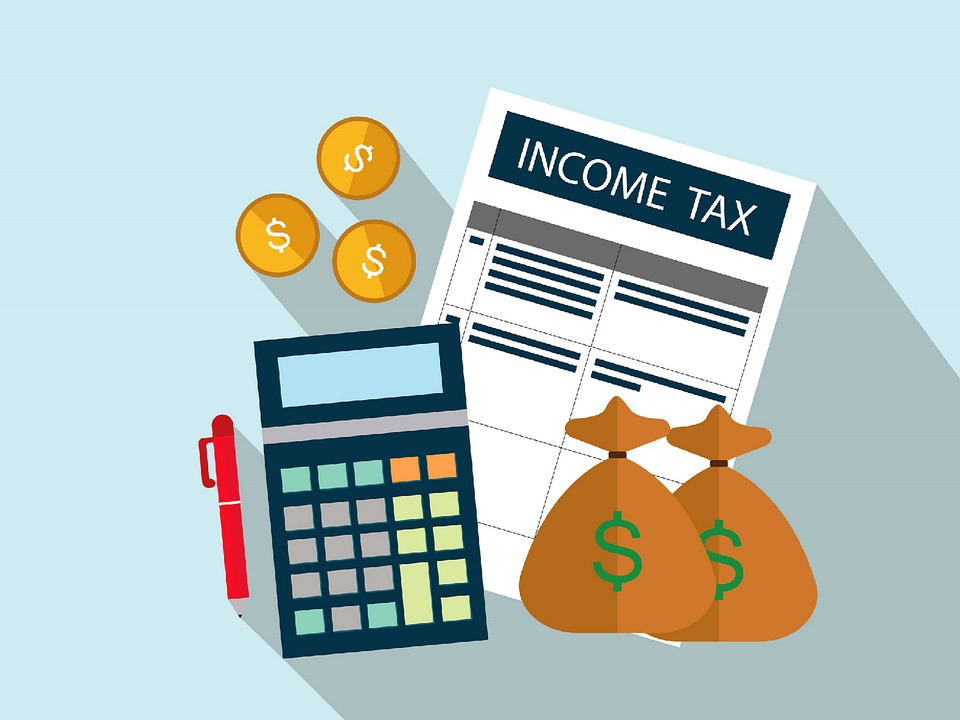
The tweak in the Thai Revenue rules, affecting both Thai and foreign tax residents, means that income derived from assessable foreign sources is to be taxable from new year’s day 2024. The exact impact and scope remain fog-bound, but it is no exaggeration to say that the move has put the cat firmly amongst the expat pigeons who spend six months or more in the kingdom in a calendar year. The fiscal move may indeed be aimed at wealthy Thais with offshore bank accounts or profits from overseas businesses, but the typical expat risks being trapped in the crossfire.
The Thai tax authority is still mulling the detail. Officers know that whatever tax is due on cash transferred to Thailand during 2024 won’t appear on an individual’s tax return until 2025. So no hurry in their eyes. Most expats, of course, have barely heard of a Thai tin (tax identification number), let alone filled one in. And that’s part of the problem. Many older expats hate the idea of being ensnared in Thai financial bureaucracy and, potentially, needing to hire a tax lawyer. Or, of course, leave the country for pastures new.
It may not come to that. For example, the Revenue has not issued a ruling on whether foreign income (such as pensions) are taxable under the enforcement decree. It may come down to the detail in double taxation agreements which Thailand has made with scores of countries. But they are all different in scope and most readers will require an expert to decipher the meaning of some of the clauses. Many Bangkok-based accountancy and legal firms are already anticipating a huge rise in the number of troubled clients.
What is at stake, of course, is Thailand’s future as a retirement base. Over the years, Thailand has built up a reputation as a safe and attractive home for expats. Many have bought condominium units or set up a company to purchase a house. In future, there is no guarantee that foreigners sending money for these purposes won’t be taxed on the lump sum. If so, the prospects for the Thai property market might well take a downward swing without precedent. Whether the Thai government has thought out all the consequences of the Revenue decree seems unlikely.
The Thai Board of Investment has suggested that the solution is for foreigners to apply for the 10 year golden visa, Long Term Residence, as this permits most overseas income to be brought into Thailand without any taxes together, as well as granting other financial and immigration perks. But the LTR isn’t available for retirees unless their annual income is at least US$80,000 a year or they are prepared to invest mega-cash in Thai banks or securities. There is no shield from the Revenue in Elite visas or one year extensions of stay based on retirement, marriage etc.
Although no formal government statistics are issued, there are believed to be 400,000 to 500,000 longstay foreigners in Thailand who could be affected by the latest Revenue move. Some of these hold authorized work permits and already have a tax identification number for their local salary. Others are freelancers conducting online activities and earning from international clients. But most are older expats, retirees existing mainly or solely on pre-taxed pension and social security payments. The challenge for Thailand now is how to maintain competiveness in the global market.
In the meantime, the internet is awash with wrong information such as a fabricated claim that retirees have to prove to immigration that their 800,000 cash lump sum has already been taxed in the home country or that all visa holders over 50 must have a tax identification number when renewing their annual permit. Optimistic bloggers say that the whole Revenue business is a chimera and that nothing will happen in practice, whilst pessimists predict that any foreign cash will have 35 percent automatically deducted on arrival. None of that is true, but continued silence about the government’s intentions can only boost falsehoods, innuendos and gossip. That’s no way to run a taxation system or to market a country to the outside world.







